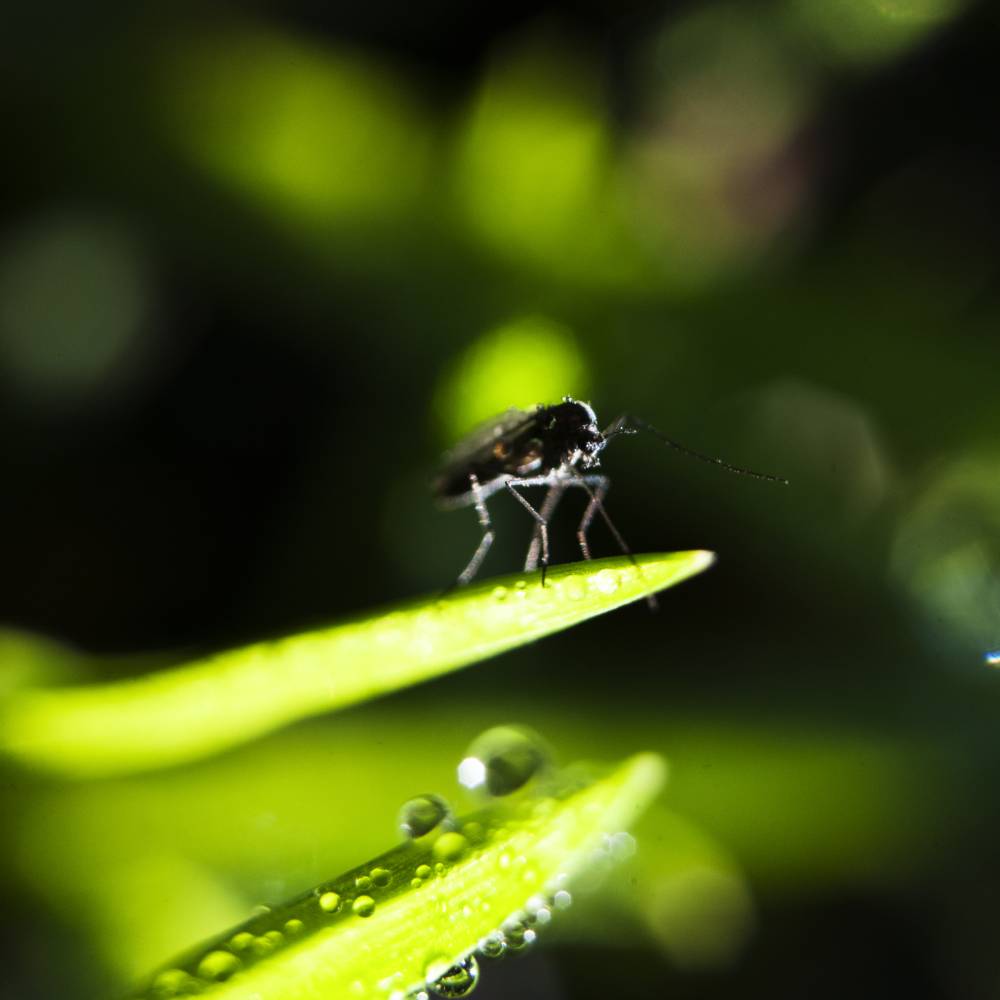
Mosquitos are a common vector for deadly diseases in humans, including malaria and dengue fever. Their capacity for disease transmission makes them dangerous to human populations, resulting in mosquitoes being responsible for millions of deaths per year (Ito et al. 2002). There have been substantial efforts to reduce mosquitos’ populations, from insecticide to removing pools of still water (Ito et al 2002). However, mosquito populations have persisted, and they have continued to spread disease. Insecticide resistance in mosquitoes makes controlling mosquito populations difficult, causing a need for alternative methods to reduce mosquito-borne disease transmission. Recent advances have led scientists to research the effectiveness of a modification that limits the ability of mosquito populations to get infected themselves, rather than limiting the spread of mosquitoes themselves.
Viral disease spread was significantly reduced in mosquito populations that were infected with Wolbachia pipientis (wMel), an inherited intracellular bacterium which infects many insects (Utarini et al. 2021). The wMel bacteria causes the mosquito to be less susceptible to dengue virus than non-modified mosquitoes. A previous study in 2013 showed wMel infected mosquitos were less likely to transmit dengue, however, the impact on human disease transmission was still unknown. In an Indonesian study, areas with wMel mosquito populations had reduced 77% of viral dengue cases, compared to areas with control populations (Utarini et al. 2021).
This study showed that modified mosquitoes can compete in natural environments. Additionally, the reduced vector capacity had tangible impacts on communities. The wMel versus non-modified population disparity in dengue cases shows how effective targeted infection of mosquitoes can be in controlling mosquito-borne diseases in human populations.
Similarly, control of parasitic diseases spread by mosquitoes have been hindered by an inability to control mosquito populations. Malaria, a disease caused by infection by Plasmodium parasites, has evaded many tools designed to limit its spread. New understanding of the gut’s role in the immune system has provided a new method to limit the transmission of malaria (Pike et al. 2017).
Researchers genetically modified mosquitoes create a peptide to inhibit Plasmodium development, specifically in the midgut. This genetic modification reduced the vector capacity of mosquitoes; however, it did not affect the overall fitness (Pike et al. 2017). Another study of genetically modified mosquitoes revealed the genetic modification is inheritable in mosquitoes and the resistance to the malaria parasite persisted through at least ten generations (Ito et al. 2002).
Genetic modification of mosquitoes can reduce transmission for diseases caused by mosquito-borne pathogens. This is important because genetic transmission can be effective in addressing a wide array of mosquito-borne diseases. While each situation would require specific knowledge of what genetic modification to create in the mosquitoes to limit disease control, this research is providing a new standard in how to control vector disease spread.
Genetic modification is a new method to address the significant issue of mosquito-borne diseases. It directly targets the vector capacity of mosquitoes, allowing for disease control at the source. Additionally, existing genetic modifications have been proven to be inheritable. This would allow the mosquito populations to naturally maintain resistance to known diseases. If genetic modification of mosquitoes becomes common practice, this would significantly lower the efforts needed to maintain a genetically modified mosquito population.
References
Ito, J., Ghosh, A., Moreira, L., et al. Transgenic anopheline mosquitoes impaired in transmission of a malaria parasite. Nature 417, 452–455 (2002). https://doi.org/10.1038/417452a
Pike, A., et al. “Changes in the Microbiota Cause Genetically Modified Anopheles to Spread in a Population.” Science, vol. 357, no. 6358, Sept. 2017, p. 1396, doi:10.1126/science.aak9691.
Utarini, A., et al. “Efficacy of Wolbachia-Infected Mosquito Deployments for the Control of Dengue.” New England Journal of Medicine, vol. 384, no. 23, Massachusetts Medical Society, June 2021, pp. 2177–86. doi:10.1056/NEJMoa2030243.

